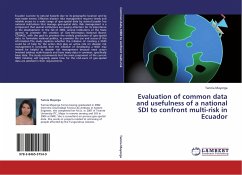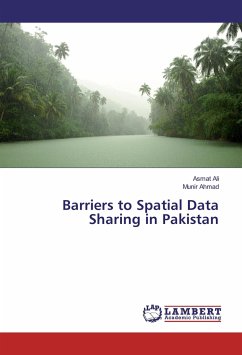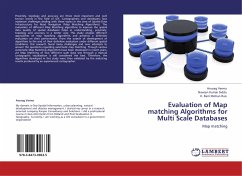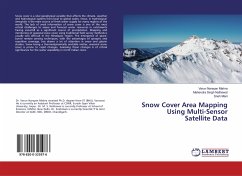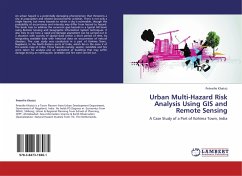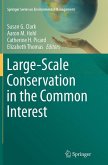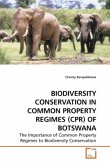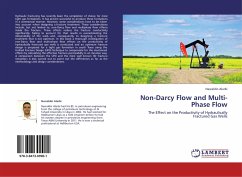Ecuador is prone to natural hazards due to its geographic location and by man-made events. Effective disaster risks management requires timely and reliable access to a wide range of geo-spatial data by actors.Ecuador has national institutions that manage geo-spatial data. Risk management is a component that several institutions are paying attention for its importance in the development. In the fall of 2002, several institutions of the State agreed to promote the creation of Geo-Informatics National Board-CONAGE, with the goal to promote the orderly production of geo-spatial data, to formulate national politics, to promote the use and access of this information.The study explores whether the initiative of creating a NSDI could be of help for the actors that play an active role on disaster risk management.It concludes that the initiative of developing a NSDI may indeed be helpful to disaster risk management because most actors involved address multi-hazards and have many data in common; specifically basic data. The study recommends that the main proponent of the current NSDI initiative will regularly assess how far the end-users of geo-spatial data are satisfied in their requirements.
Bitte wählen Sie Ihr Anliegen aus.
Rechnungen
Retourenschein anfordern
Bestellstatus
Storno

